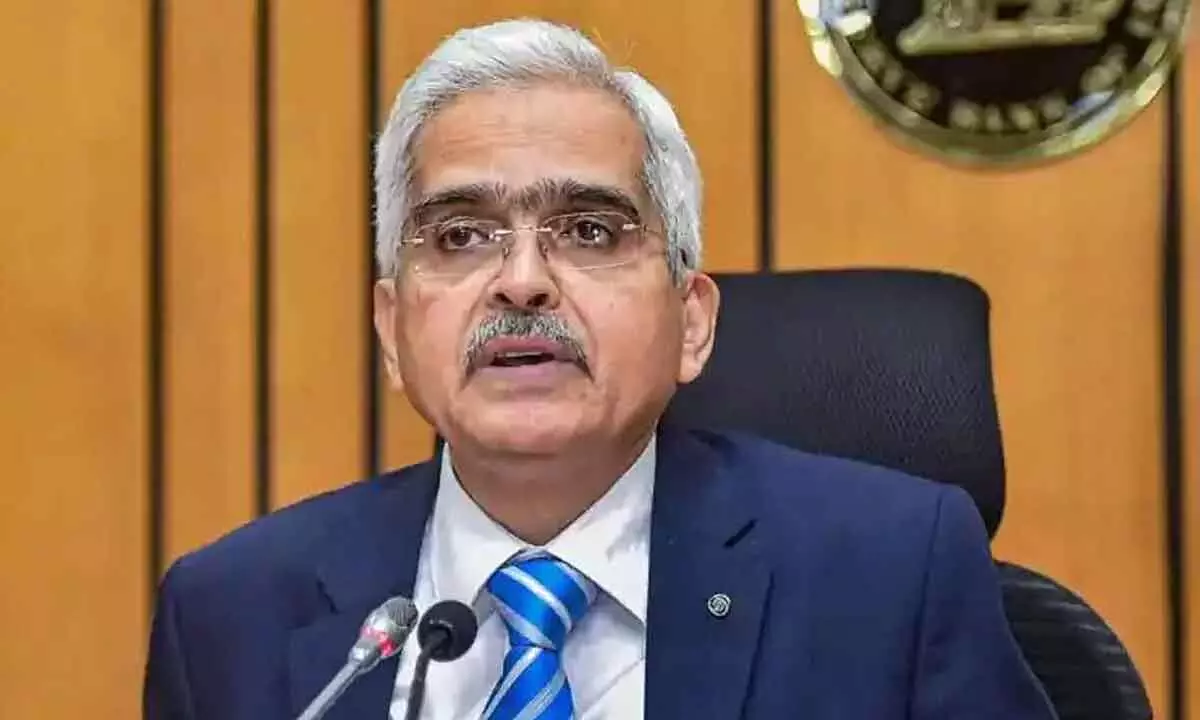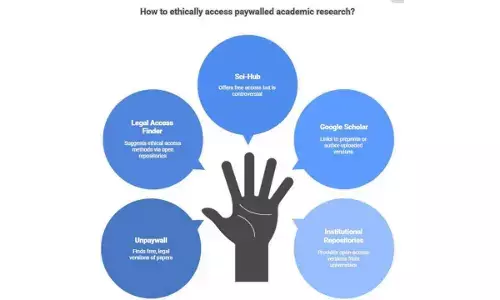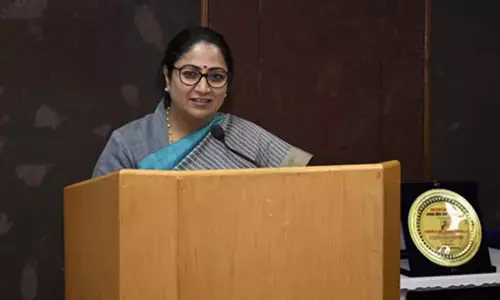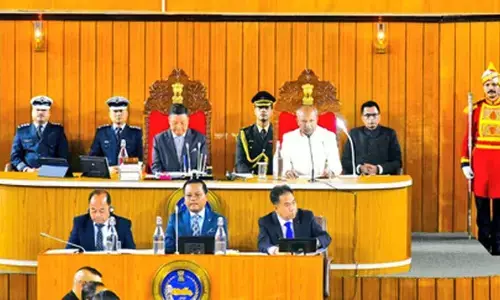RBI found excessive dominance by 1-2 board members even in big commercial banks: Das
Share :

RBI Governor Shaktikanta Das(File Photo)
RBI Governor Shaktikanta Das on Monday said the central bank is ''not comfortable'' with the gross non-performing assets ratio of 8.7 per cent in urban cooperative banks (UCBs) and asked them to work towards improving the same.
Mumbai: Reserve Bank Governor Shaktikanta Das on Monday said the central bank is ''not comfortable'' with the gross non-performing assets ratio of 8.7 per cent in urban cooperative banks (UCBs) and asked lenders toand asked lenders to correct this.
Board discussions have to be free, fair and democratic, Das said, addressing directors of Urban Cooperative Banks (UCBs) at a meeting organised by the Reserve Bank of India (RBI) here. "There should not be an over-dominance or excessive dominance by one or two members of the board, or the chairman or the vice-chairman. We have seen this even in big commercial banks… wherever we have seen this, we have told the bank that this is not the way," he said. He said all directors need to be given a chance to speak and a particular director's say should not be the final one on a matter.
The governor, who made the point while illustrating the importance of a well-functioning board, however, did not elaborate further. In the past, the Indian banking system has witnessed problems at the promoter-led YES Bank, which had to be bailed out in an SBI-led initiative, which was supported by the RBI and the government. YES Bank Co-Founder Rana Kapoor, who was also its Chief Executive and Managing Director, was arrested in connection with the irregularities at the bank. Earlier this month, Uday Kotak, the Chief Executive and Managing Director of Kotak Mahindra Bank, resigned from his post and will continue as a non-executive board member.
Das said directors in UCBs -- who are elected to the post -- need to have expertise in various aspects of banking, such as risk management, information technology, etc. He urged directors to go through agenda notes, which are prepared in advance, and ask relevant questions. While a managing director should have the freedom to act as per what she or he feels right, it is also important for directors to get their doubts clarified, Das added










